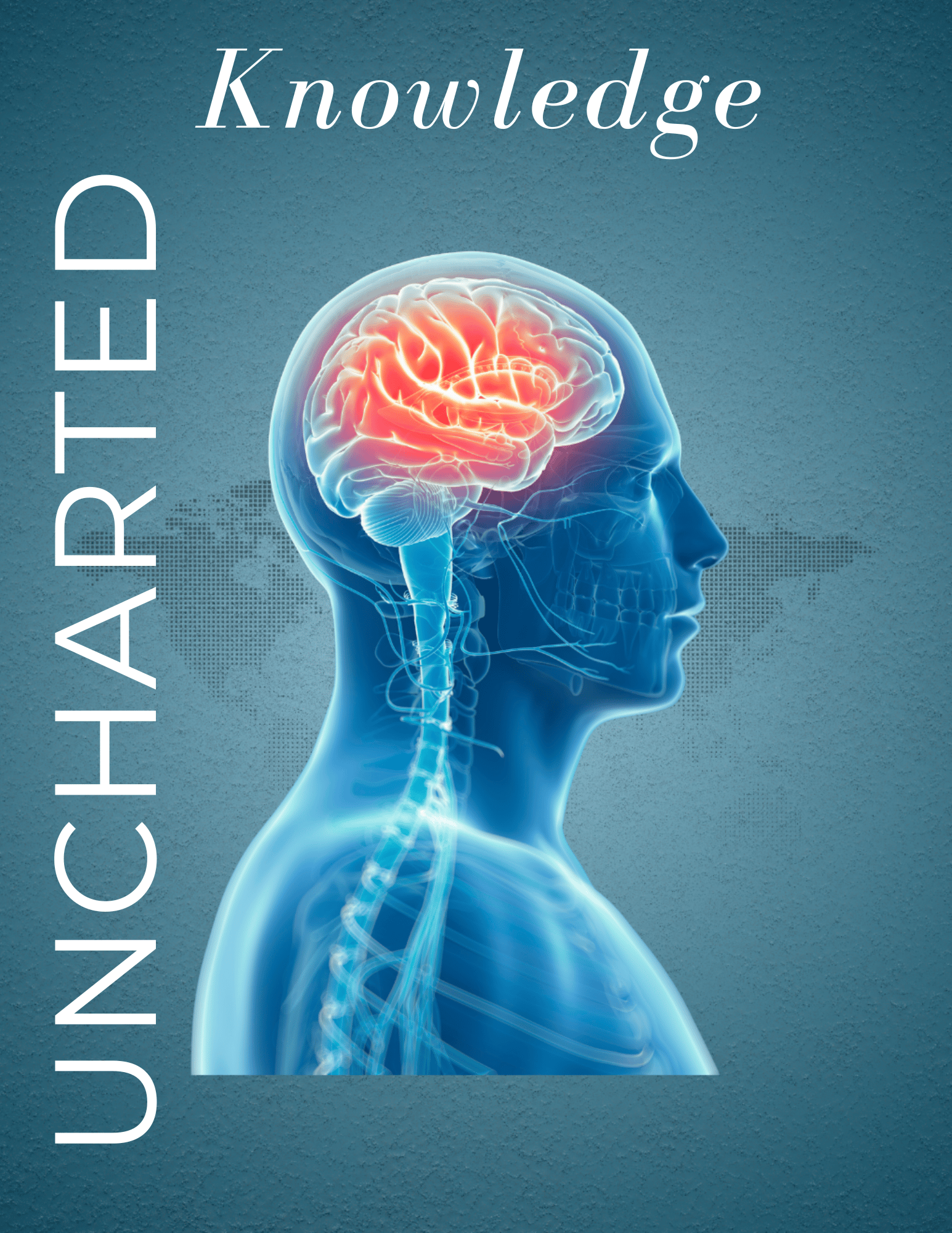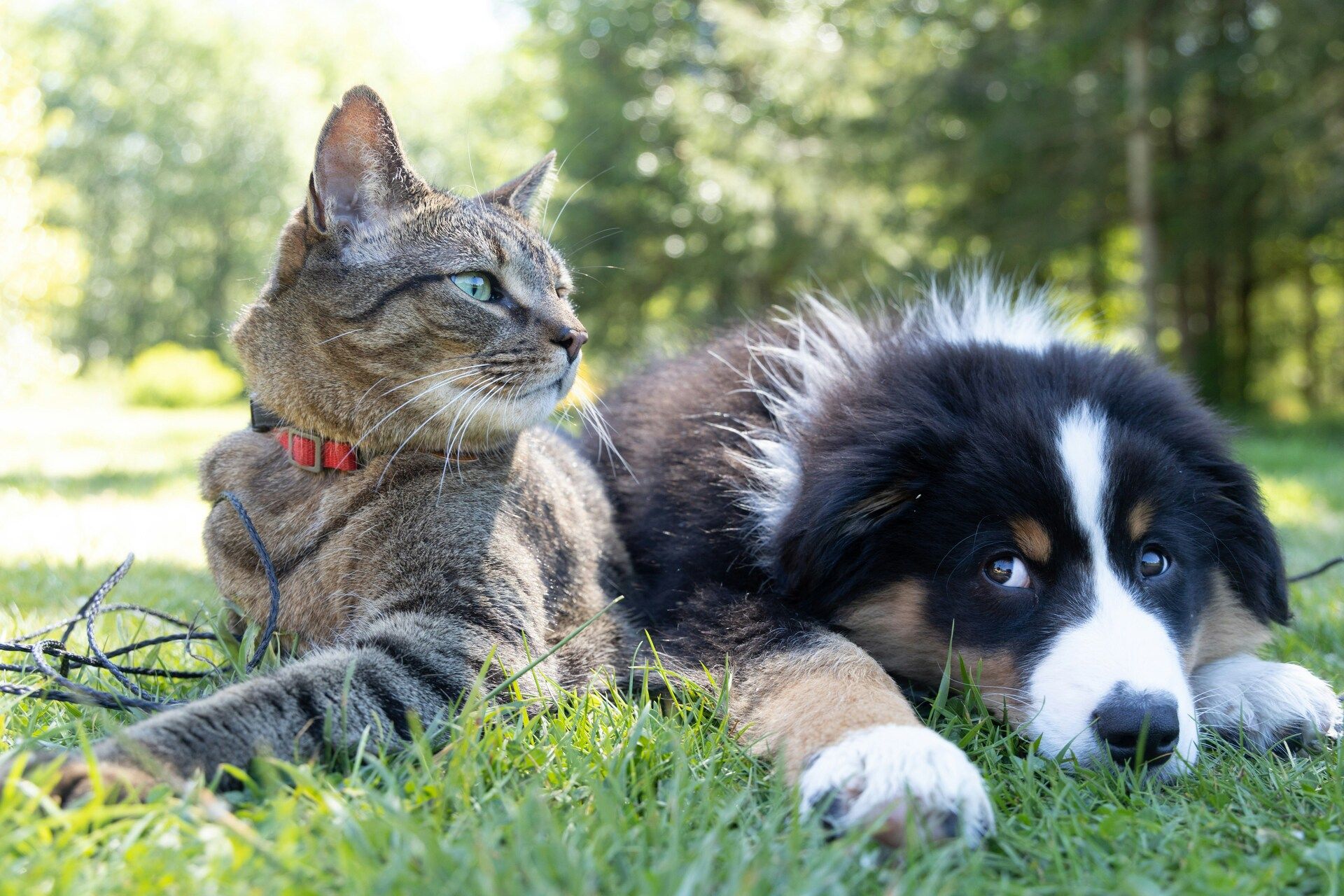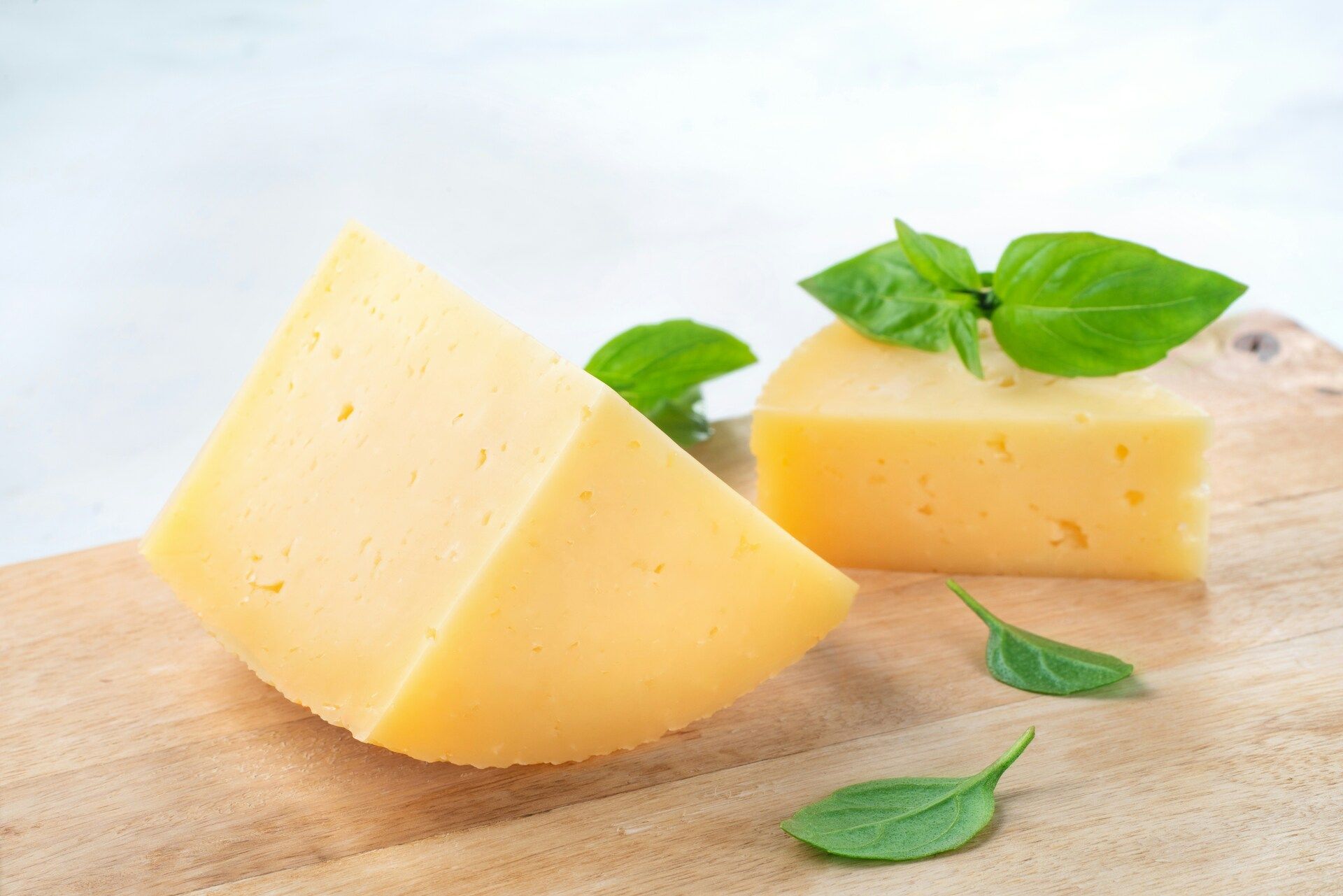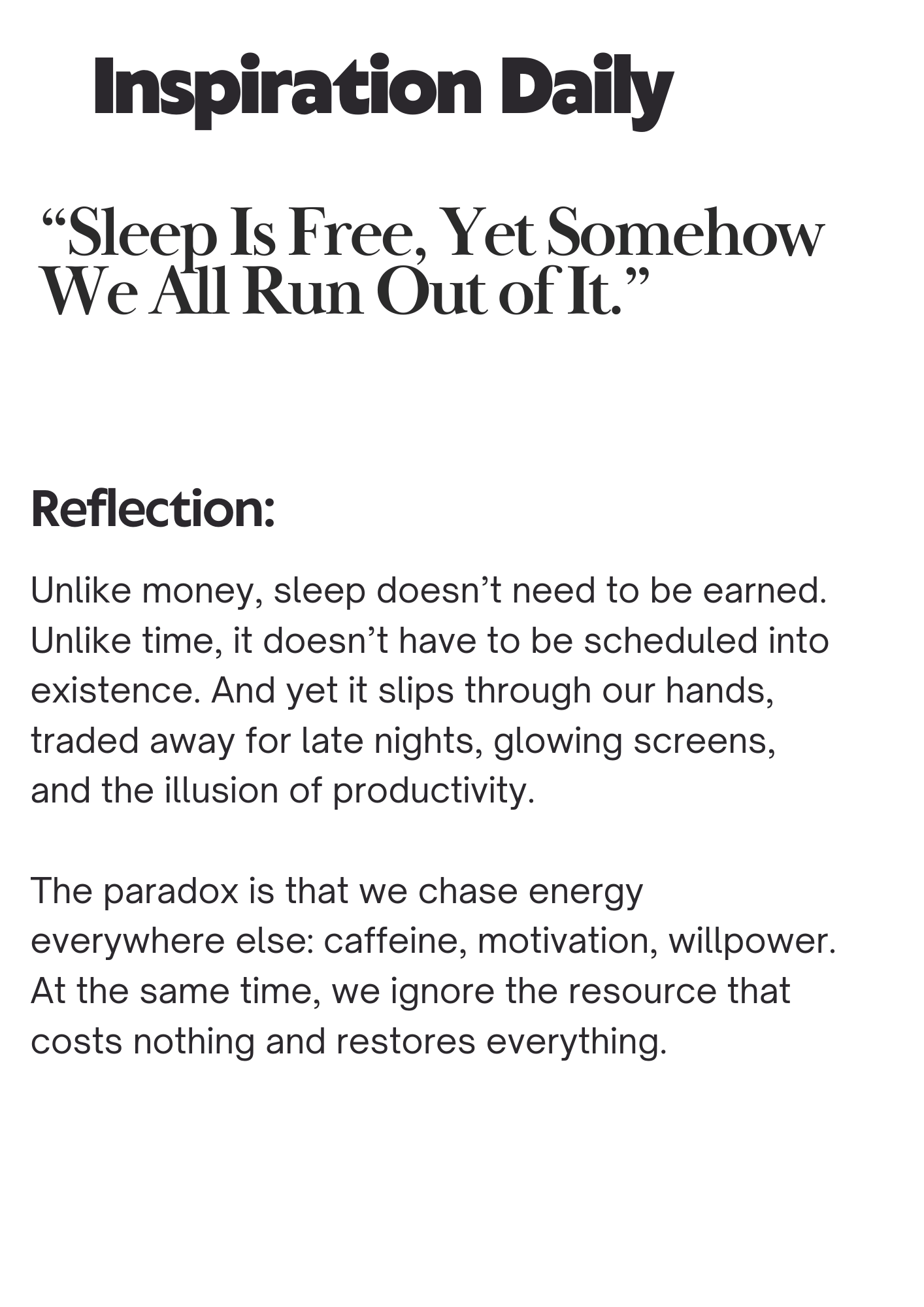- Worthyest
- Posts
- Your Brain Has GPS. But It’s Not Just for Directions.
Your Brain Has GPS. But It’s Not Just for Directions.
Worthyest

Your Brain Has GPS. But It’s Not Just for Directions.
Good Morning.
Every step you take, your brain is already ahead of you, quietly drawing a map. Scientists are discovering that this inner GPS doesn’t stop at streets and landmarks. It may also guide how we think, remember, and imagine what comes next.
Your Inner GPS: How It Really Works
Long before satellites and smartphone maps, we carried a kind of navigation system within us. Step onto an unfamiliar street or walk into a darkened room, and your brain starts sketching an invisible map, not on paper but in neural patterns. Scientists call it the “inner GPS,” and its cartographers are tucked deep in the hippocampus.
How cognitive scientists are uncovering the brain’s “inner GPS” and what it reveals about human navigation of the world.
The discovery of “place cells” and “grid cells” transformed neuroscience. Place cells fire when you’re in a specific location, while grid cells create a mental coordinate system, a repeating pattern almost like graph paper, that lets you measure space and distance. Together, they give you the uncanny ability to know where you are and how to get back, even without a visible landmark. It’s how a taxi driver remembers a city’s side streets, how a child finds their way back to the playground, how you walk from the kitchen to the bedroom in the dark.
But these cells aren’t just for navigation in the literal sense. New research suggests they also underpin how we think abstractly, mapping not only places but ideas. Scientists have found grid-like activity when people organize concepts, recall memories, or imagine future scenarios. The same system that orients you in a forest may also orient you in the landscape of possibility.
This blurring of space and thought suggests that navigation isn’t a side feature of the brain. It may be one of its core logics: we map the world to move through it, and we map our minds to make sense of it.
The implications are striking. Disorders that affect the hippocampus, like Alzheimer’s, often show up first as a loss of spatial orientation, getting lost on the way home. But maybe they also reflect a deeper disruption in how we chart our own lives. If we lose the map, we lose more than direction. We lose the sense of where we’ve been and where we might go.
We often talk about “finding our way” as metaphor. The science suggests it’s literal, a biological rhythm woven into thought itself. The mind isn’t just a thinker. It’s a mapmaker, always drawing invisible grids to guide us forward.
Sponsored by Korrect
Clean Energy, No Crash
Tired of caffeine crashes? Go stronger and longer than coffee or energy drinks with Korrect Energy™. It uses the best part of the caffeine molecule and ditches the rest. It's not just energy, it's the definition of motivation.
The Curiosity Edit

Today’s Insight: Neurotech & Healing
Your Nerve for Everything Is Electrically Hackable
The vagus nerve connects your brain to your heart, gut, lungs, and mood. Stimulating it with tiny electric pulses is now FDA-approved to treat epilepsy, depression, migraines, obesity, and even arthritis. It's the only nerve that, when zapped, can reset multiple systems at once.
Modern Living:
Pets & Personality

Who Donates More: Cat Owners or Dog Owners?
Pets shape more than our daily routines. They may even influence how generous we are. Researchers looked into whether owning a cat or a dog predicts differences in charitable giving, and the findings reveal surprising contrasts between the two groups. See what the research reveals.
Health & Wellness

How Strength, Mindset, and Memory Shape Progress at Any Age
From smarter fitness habits to why certain moments stay with us, these insights reveal what really fuels lasting strength, physically and cognitively.
10 Pushing Exercises to Light Up Your Shoulders, Chest, and Triceps
This strength-focused lineup targets upper-body power with moves that build muscle and boost performance.
Forget Weight. Why You Should Measure Progress By Non-Scale Victories Instead
Trainers explain how to track improvements in strength, mobility, and confidence without relying on the scale.
The No. 1 Fitness Mistake Most Men Make, According To Physical Therapists
Experts highlight a common oversight that can stall progress and increase injury risk, especially in men over 40.
Want More Energy Over 50? Do This Exercise Every Day, Trainers Say
This single movement helps support balance, circulation, and stamina in just a few minutes a day.
Why Some Memories Stick While Others Fade
Neuroscientists explore the emotional and biological reasons certain experiences leave a lasting imprint.
The Conscious Plate:
Food, Nutrition & Elevated Living

Pantry Staples, Pressure-Lowering Snacks, and the Truth About Moldy Cheese
Today’s selections celebrate humble ingredients that punch above their weight, including beans, tuna, pumpkins, and a surprising snack that may help with blood pressure. You’ll also learn what to do with moldy cheese and when it’s time to let go.
The Surprising Snack That Can Help Lower Blood Pressure in Just 4 Weeks
This simple, satisfying snack might help improve cardiovascular markers in less than a month, according to recent research.
The Best Way To Cook Dried Beans Seems Basic But There's A Reason
The method may seem old-school, but there’s a good reason it hasn’t changed. Here’s why soaking and slow cooking still deliver the best beans.
Cozy Up with These 5 Pumpkin Recipes for Fall
From savory bakes to cozy breakfasts, these creative takes on pumpkin make the most of the season without veering into cliché.
How to Turn a Can of Tuna Into a High-Protein Meal (That Isn’t Another Sandwich)
With a few pantry additions, canned tuna becomes the star of warm bowls, skillet dinners, and fresh takes on comfort food.
Is It Safe to Eat Moldy Cheese?
Whether to toss or trim depends on the type. Here’s how to tell when mold is part of the plan and when it’s a health risk.

Final Note
This is what we leave you with. A thought to end the day, carry in your pocket, or come back to later. Nothing big. Just something to reflect on.

The Group Chat Law
Every group chat has an unspoken rule: someone keeps it alive, someone never responds, and someone only shows up to drop memes. It works because connection isn’t always about equal parts, it’s about showing up in your own way.
Pass It On
Sometimes a thought, an idea, or a perspective lands at just the right time. If something here feels like it might resonate with someone you know, share it with them.

"Love Worthyest? Share the Joy!"
If our newsletter brightens your day, why not share it with someone you care about? Every friend you invite helps grow a community filled with insights, positivity, and meaningful tips for better living.
Your voice matters. Let’s inspire more people together.
Use the “Click to Share” button below to share the joy and help us spread the good today!

Comments, Questions or feedback please reach out to us. We would love to hear from you: [email protected]